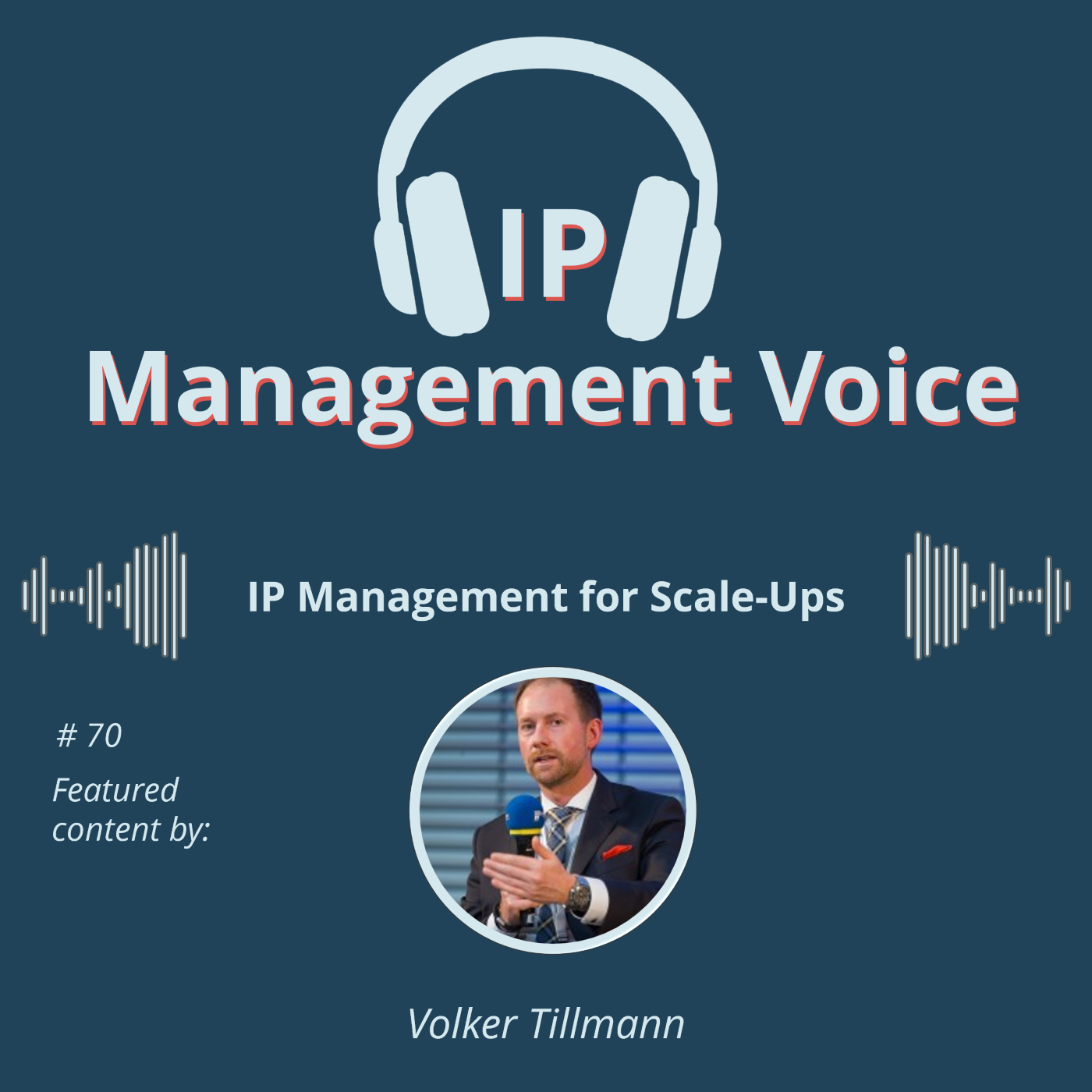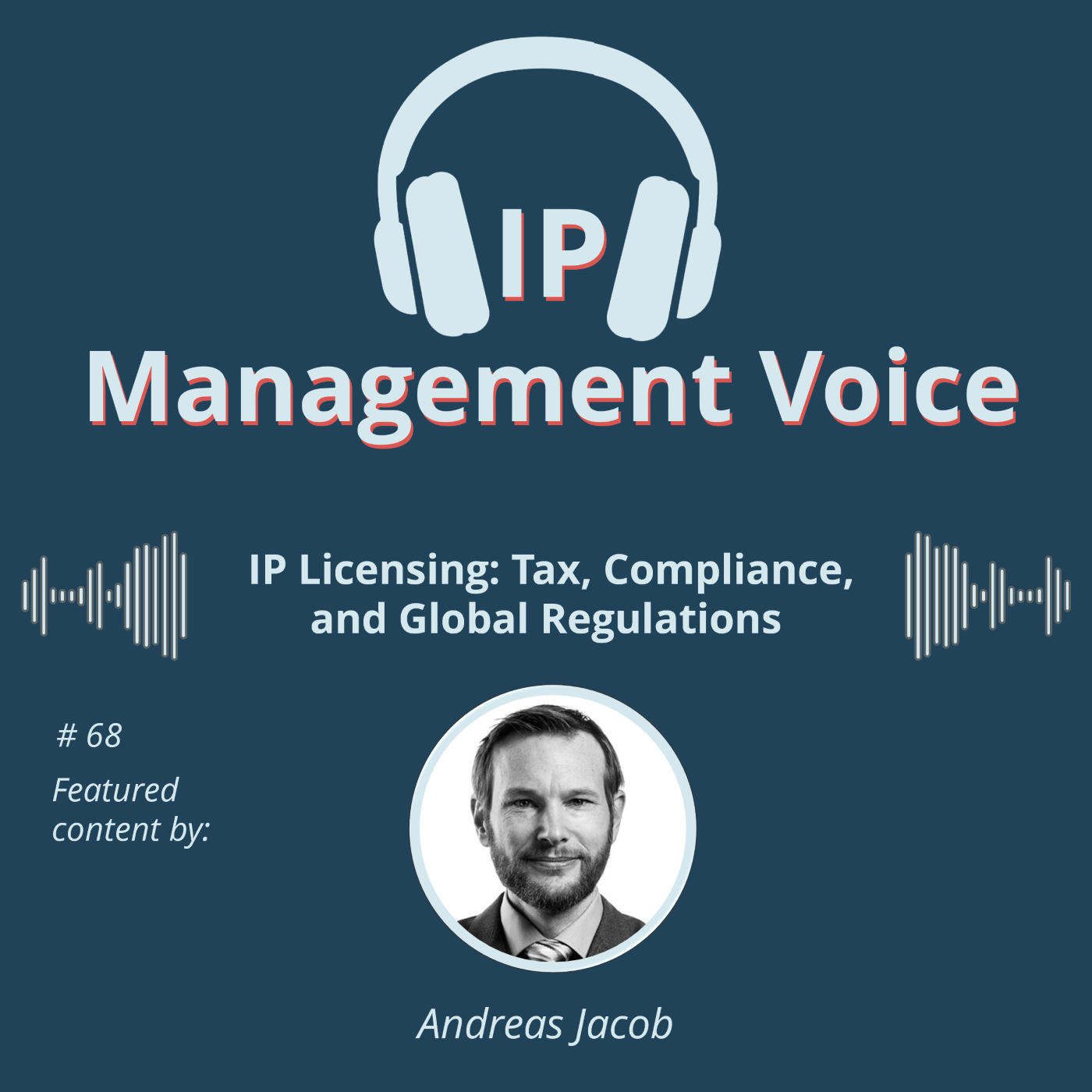
#77 Business Development Archetypes for IP Experts
This episode outlines a framework of Business Development Archetypes designed to help IP professionals align their natural communication styles with effective client acquisition strategies. It argues that modern IP business development requires an orchestrated system where an expert’s style, identified as four archetypes: Expert, Debater, Activator, and Confidant, dictates the most successful channels and content formats. The episode introduces five core principles, such as prioritising strength before channel and ensuring followup is design, not personality, to convert visibility into qualified conversations. Furthermore, it details the IP Subject Matter Expert model, a collaborative system where a platform handles production and distribution,...
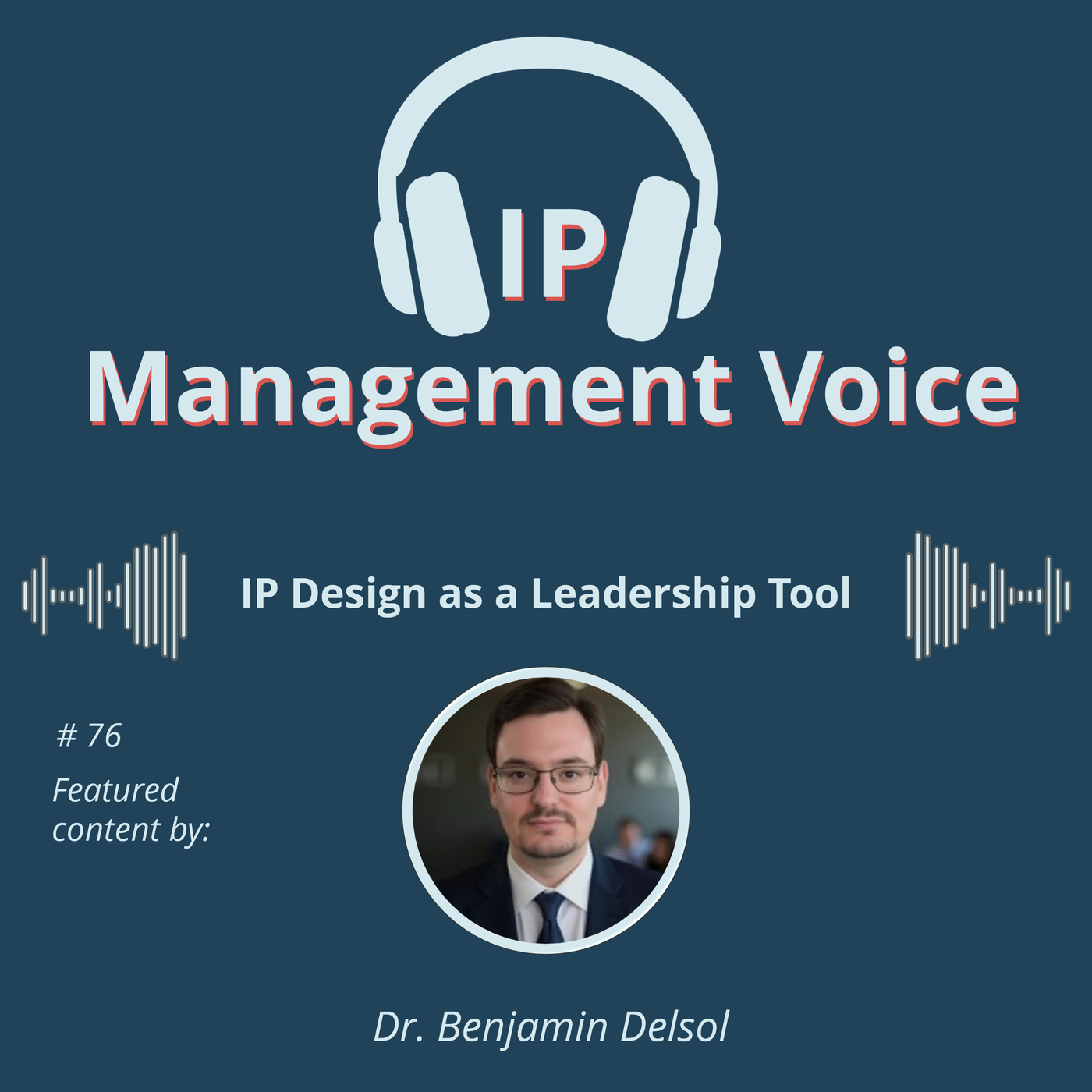


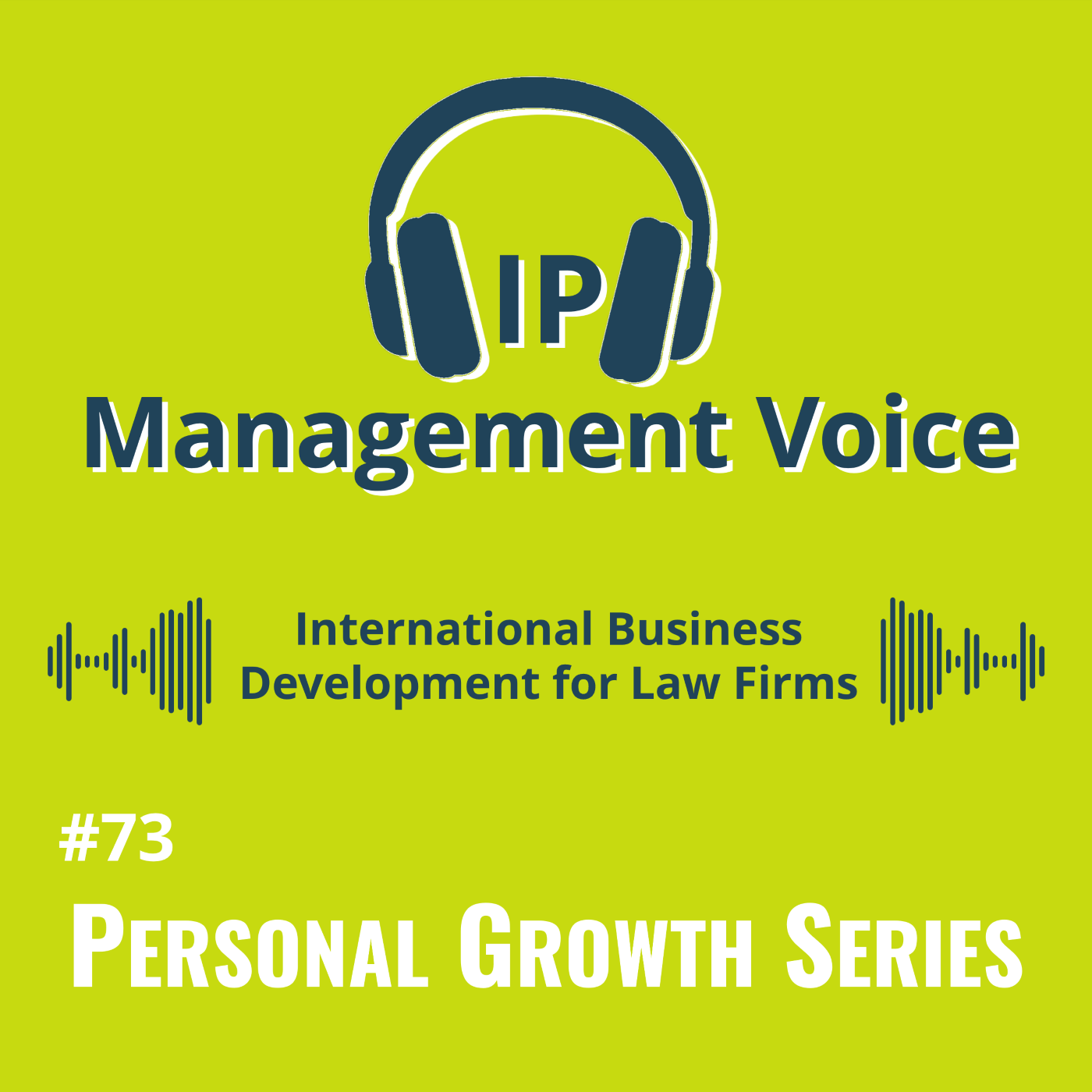
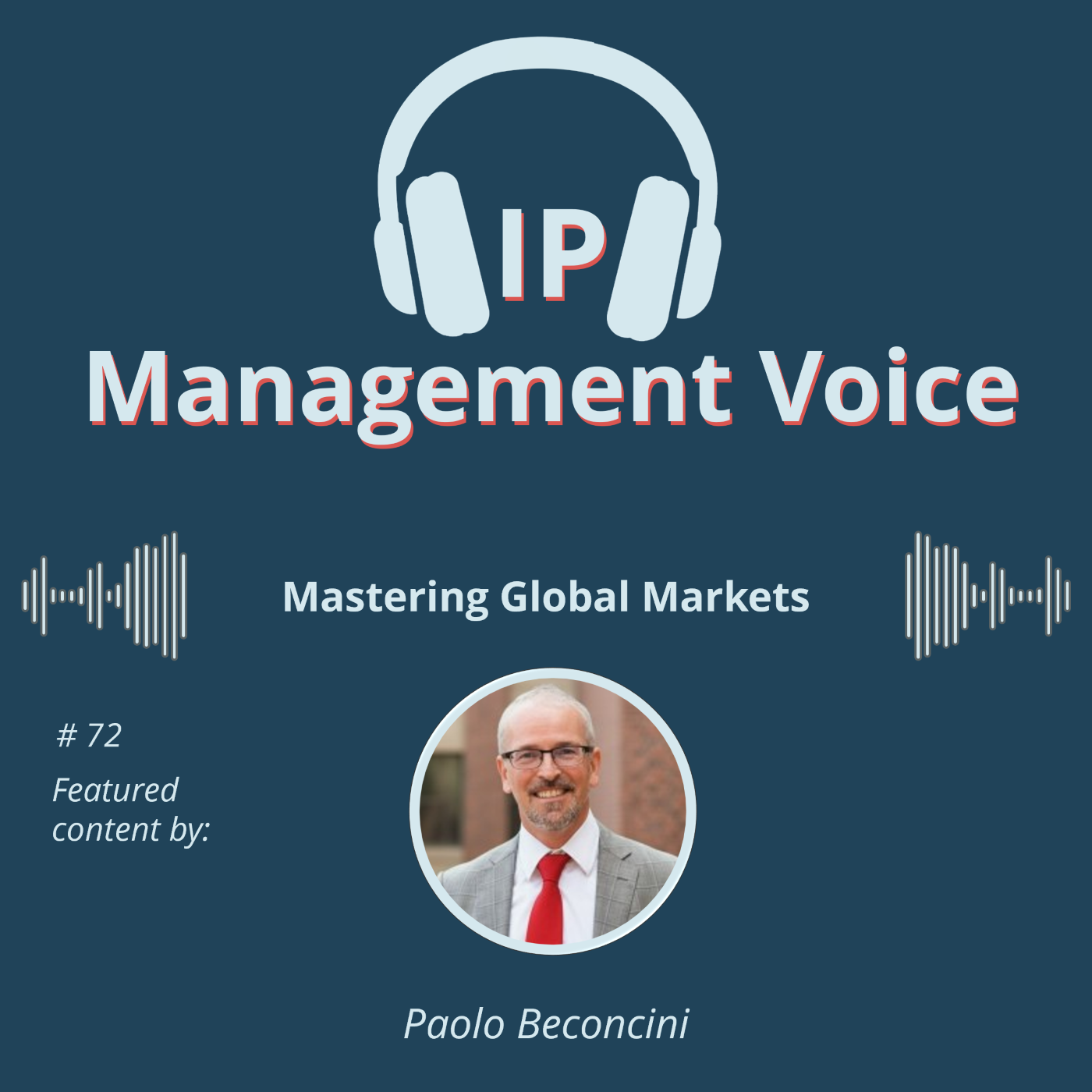
![#71 Personal Growth: Referral Marketing for IP Experts [2/2]](https://images.podigee-cdn.net/1400x,srrTUnoDsTlNL4Guiis-vRbKFQvMDzRUam4LwEGfx_hs=/https://main.podigee-cdn.net/uploads/u69747/3298b0ce-5232-4de5-86fb-8ddabdcd3402.png)
